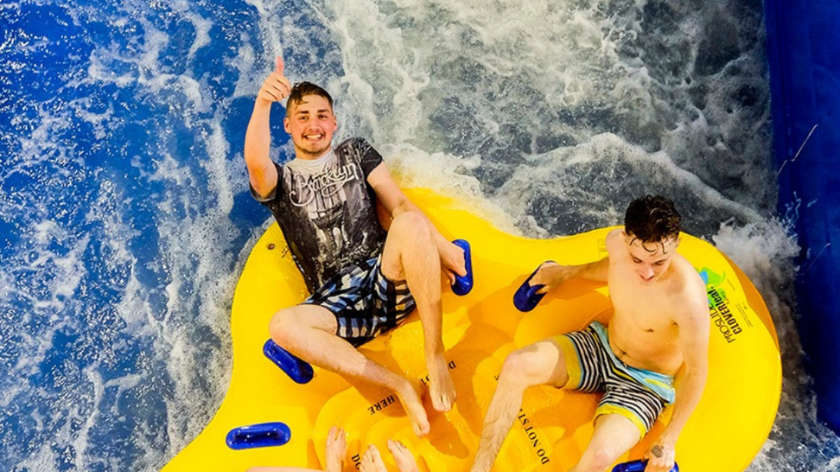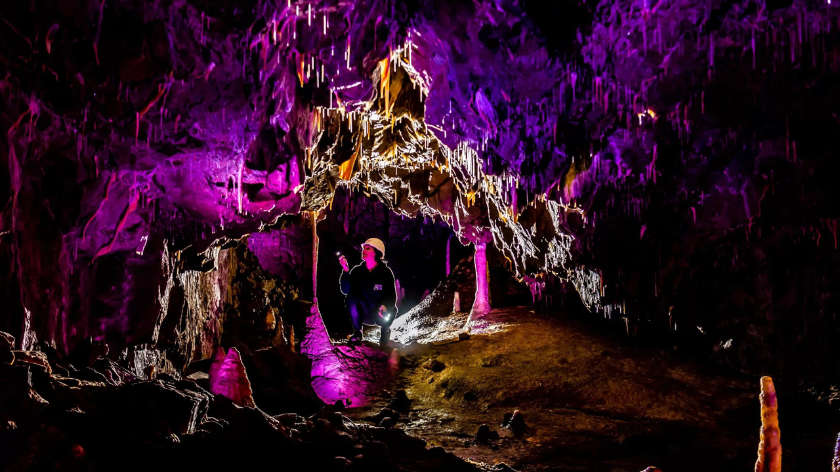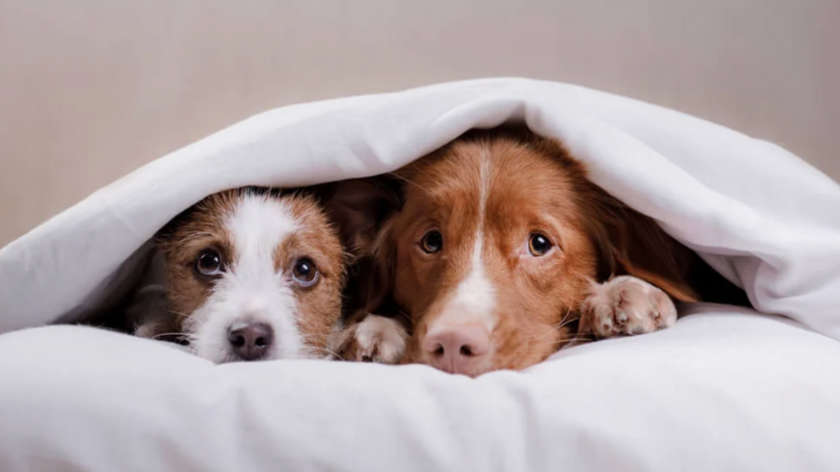
Bonfire Night can be a scary one for our pets, but Claro Hill Vets in Harrogate has given some words of advice.
With some restrictions on large firework displays and with fireworks readily accessible and on sale in the supermarkets, it means there is more potential for back garden firework displays.
Therefore it is important to be prepared.
Preparing for Bonfire Night needs to be done well in advance with the aim of desensitising your pet to the noises, smells and flashing.
A survey showed that 85% of owners state that their dogs find fireworks stressful. With garden firework displays, they have the potential to be even closer to home and louder than before.
This is likely to cause more stress for owners and our beloved companions who could really struggle with this situation over the course of several nights.
How can I tell if my dog fears fireworks?
Here are some of the signs that your dog might be fearful or stressed during fireworks:
- Trembling or shaking: your dog may visibly shake or tremble when fireworks are going off.
- Holding their tail down between their legs.
- Hiding: they might try to find a place to hide, like under a table or behind a sofa.
- Trying to escape: in extreme cases, your dog may attempt to escape to get away from the noise.
- Pacing or restlessness: they may become agitated and constantly move around.
- Whining or barking: your dog may voice their distress through whining, whimpering, barking, growling or crying.
- Clinginess: they may seek comfort by jumping up or seeking attention.
- Excessive panting, licking their lips or drooling.
- Dilated pupils: your dog’s eyes may appear wider than usual due to panic and stress.
- Loss of appetite: fear can cause a loss of interest in food, so they may not want to eat.
Things you can do to help your dog or cat
There are two parts to this. One is early desensitisation in young pets so that fireworks hopefully never become an issue for them. The second is helping already fearful pets cope. It is best to prepare for the fireworks early so they can cope as well as they can, feel safe, secure and reassured as much as possible.
Here are some top tips to help you prepare and help your pet stay calm:
Desensitisation and Counter-conditioning:
20 years ago, two renowned veterinary behaviourists developed a desensitisation programme. This is now available from the DogsTrust as a download via their website. It is intended to be used from a very young age, in the critical socialisation period up to 16 weeks of age, but it can also be used for older dogs for desensitisation.
Dogs that have been safely and gradually exposed to many different experiences and loud noises are often able to cope more effectively with fireworks. There are three downloadable resources with the most relevant one for Bonfire Night being Sounds Scary. There is a comprehensive guide online to accompany the sounds.
There are four tracks consisting of whistles and whooshes, bangs and pops, full fireworks and individual firework sounds. The aim is to introduce these sounds to your dog, firstly in one room, gradually increasing the volume, then moving the sound source to different rooms.
By doing this over several weeks, the dog is hopefully going to realise that the sounds are not a threat to them. Counter-conditioning involves a similar process but the aim is to teach your dog to associate the noises playing on the device with a pleasant experience.
By the end, your dog should become happy and excited when you play the sounds knowing they will get treats.This is not a quick fix and not something to be tried days before Bonfire Night. It will take several weeks to use this programme and if your dog remains fearful, please speak to your vet or behaviourist.
Preparation for Bonfire Night:
- Create a safe haven/den for your dog. This provides them with somewhere they can retreat to and help them feel safe and calm. Ideally this wants to be in a place they usually like to rest. Make it positive place to be, by rewarding them with treats, food and toys given there, in advance of fireworks season. Leave this den built for as long as possible and all year round if possible so they know it’s their safe place.
- Cover the crate with blankets and give them a comfy bed they can hide in.
- Include a T-shirt that smells of you or their favourite toys.
- Provide them with yummy treats, using a filled Kong, licky mat, snuffle mat or chew to keep them occupied.
- Use plug-in pheromones. Make sure an ADAPTIL Calm Diffuser is plugged in and switched on at all times in this area, and ideally 2-4 weeks before the fireworks are expected. The ADAPTIL will diffuse comforting pheromone messages to promote a feeling of safety and calm. This scientifically proven pheromone is naturally comforting and can help relax dogs throughout new or scary situations. ADAPTIL is clinically proven to help reduce signs of fear such as trembling and hiding by 93% in dogs 2,3 and is also proven to reassure and help puppies learn. Other homeopathic plug-in diffusers are available such as PetRemedy, which contains Valerian and calming herbs.
- Spray fleece throws, blankets, bedding and comfortable areas with Adaptil Transport Spray.
- Purchase a ThunderShirt calming vest which works on pressure points to provide a calming effect. Get your dog used to this and build up the positive associations of it.
- Make sure microchip details are up-to-date. In the worst case scenario they do escape, their chip can be traced and they can be returned to you safely.
On the night:
- Keep cats indoors so they are safe and cannot run off.
- Keep windows and doors closed to prevent them from escaping.
- Take your dog for their normal walk before dark so there is little chance of fireworks going off while you are out walking them.
- Keep dogs indoors during the firework display, making sure to let them out to the toilet before and after, on a secure harness or collar and lead to prevent bolting.
- Make sure the garden is escape proof and all gates are closed.
- Keep the curtains closed.
- Encourage them to go into their safe place/den.
- Turn up the radio or television volume, or use white noise to mask the sound outside.
- Playing relaxing music has been shown to be the most useful, which is why the RSPCA have partnered up with Classic FM's pet classics and it has been a massive hit.Medication and remedies: Please plan ahead for Bonfire Night and call us for a consultation to discuss your pet’s needs. For further advice, please call us on 01423 228080 or visit www.clarohillvets.co.uk
- Try to have your dog in an internal room as far away from the garden as possible to protect them more from the flashing lights and to muffle the sounds.
- Put on your dog’s ThunderShirt.
- Before the fireworks start, try to get them into a positive state by playing games, doing some training and rewarding them with treats.
- Do not punish them for their behaviour if they are panicking as it will add to the fear and stress. Try not to react to your dog’s fear. Remain calm and neutral. Once your dog has started to relax, you can show them attention and affection.
Homeopathic remedies containing casein (a milk protein shown to aid calming) and L-tryptophan (a precursor to the happy hormone) can help to manage stress and anxiety. These should be started at least 2 weeks before the anticipated event. Skullcap and Valerian herbal supplements can also help to reduce stress.
Anxiety drops work in a similar way and can be topped up during a stressful event. There are a variety of sedatives, anxiolytics and anti-anxiety medication available on prescription from your vet.
Please ask for the most appropriate medication for your dog. Some of the more old fashioned sedatives will cause muscle relaxation and sedation but your dog will still be able to hear the fireworks. Therefore your poor scared dog is rendered immobile and unable to move away from the source to hide. Other products are preferred now.
Most come from the human market and a consent form will need to be signed to say you give authority for a human medication to be used “off licence” for your dog. An anti-epileptic medication is now licensed for noise phobias in dogs. This is a prescription only medication, so again please speak to your vet.
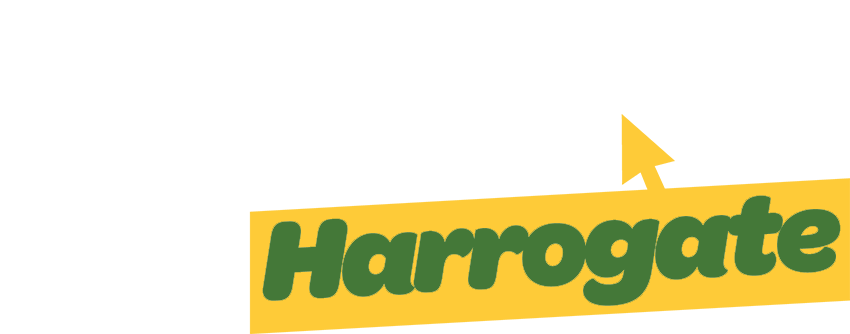


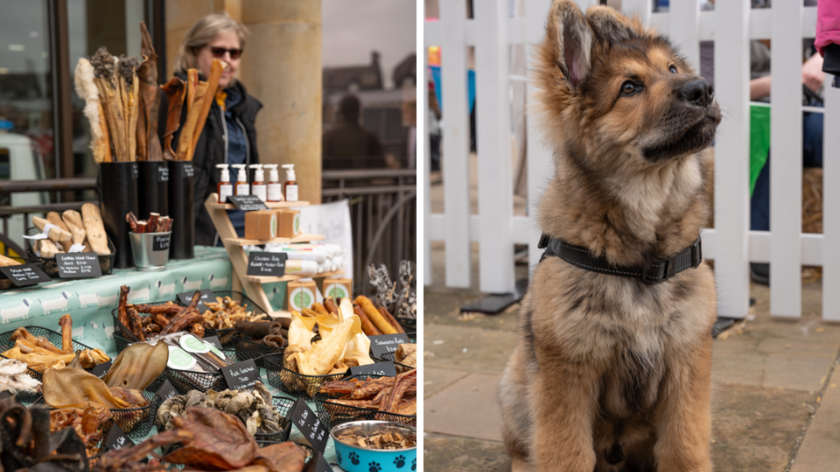 Harrogate dog show to include new pet-themed market
Harrogate dog show to include new pet-themed market
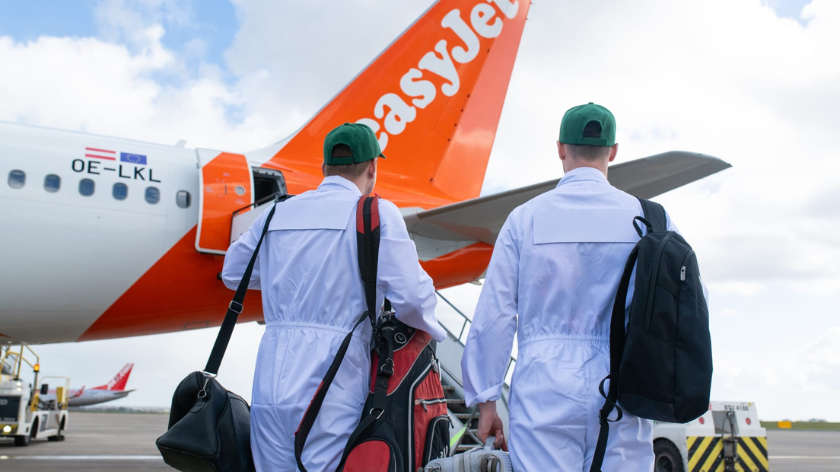 Leeds Bradford Airport launches new flights to Palma and Malaga
Leeds Bradford Airport launches new flights to Palma and Malaga
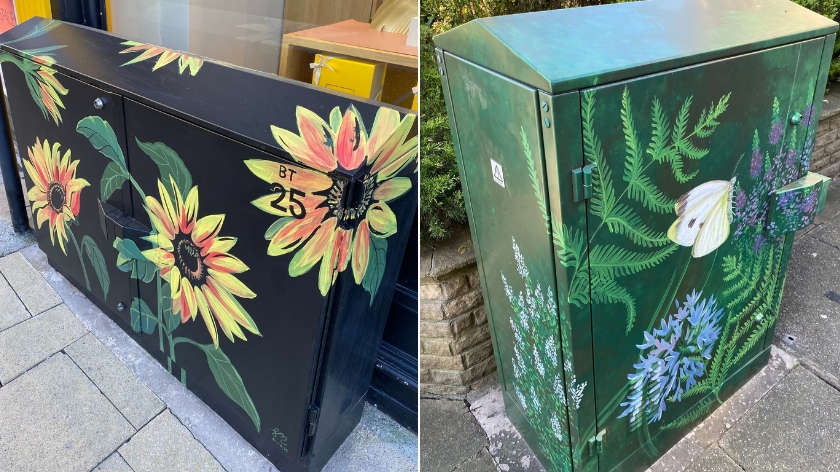 New floral artwork unveiled across Harrogate town centre
New floral artwork unveiled across Harrogate town centre
 80 Easter eggs collected for Knaresborough special needs school
80 Easter eggs collected for Knaresborough special needs school
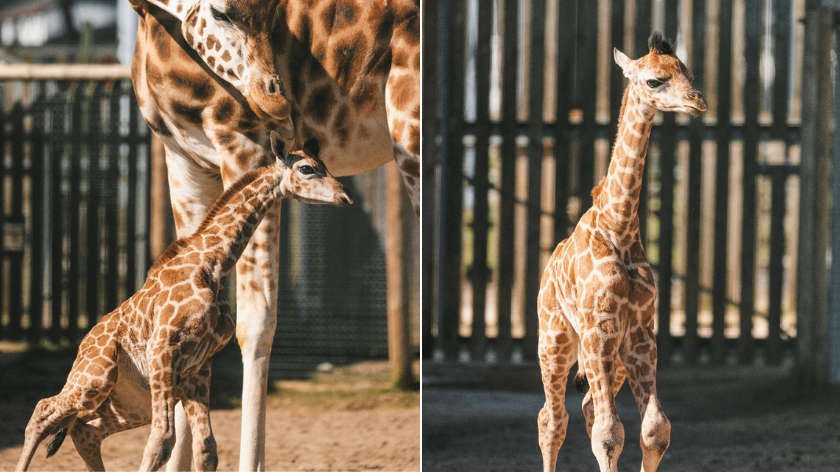 Baby giraffe born at Flamingo Land
Baby giraffe born at Flamingo Land
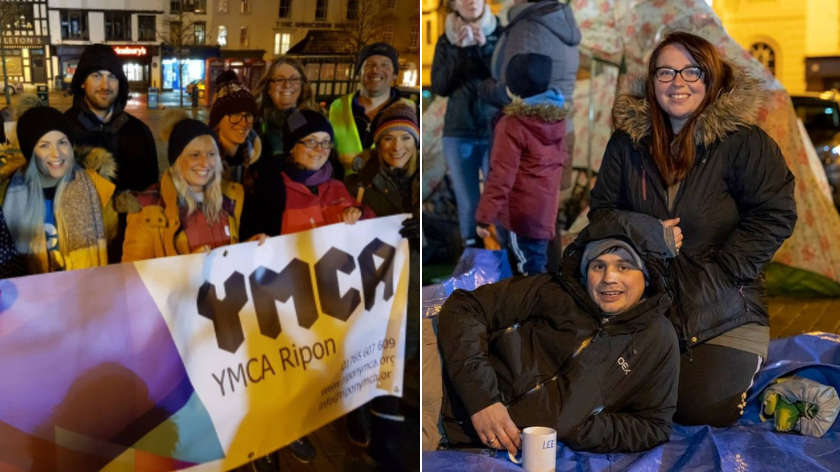 YMCA Ripon to host charity sleep out
YMCA Ripon to host charity sleep out
 Saltergate girls' football team: A journey of triumph and opportunity
Saltergate girls' football team: A journey of triumph and opportunity
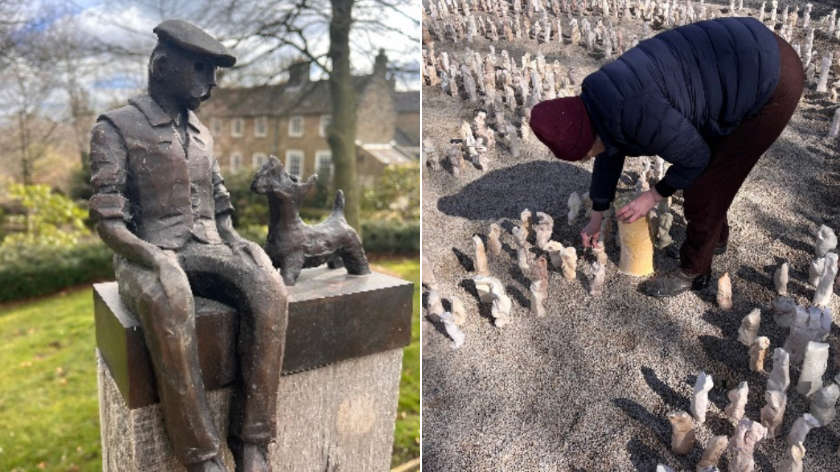 Himalayan Garden & Sculpture Park unveils 70 new artworks
Himalayan Garden & Sculpture Park unveils 70 new artworks
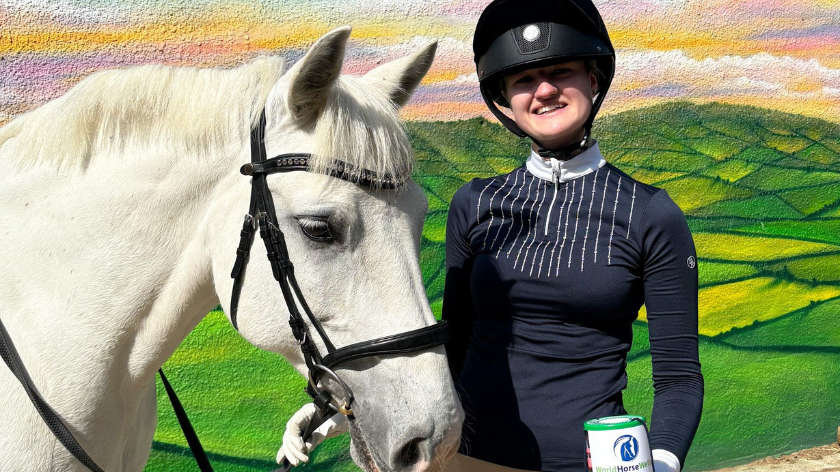 Harrogate vet receptionist tackles London Marathon to help horses
Harrogate vet receptionist tackles London Marathon to help horses
 Programme revealed for Harrogate crime writing festival
Programme revealed for Harrogate crime writing festival
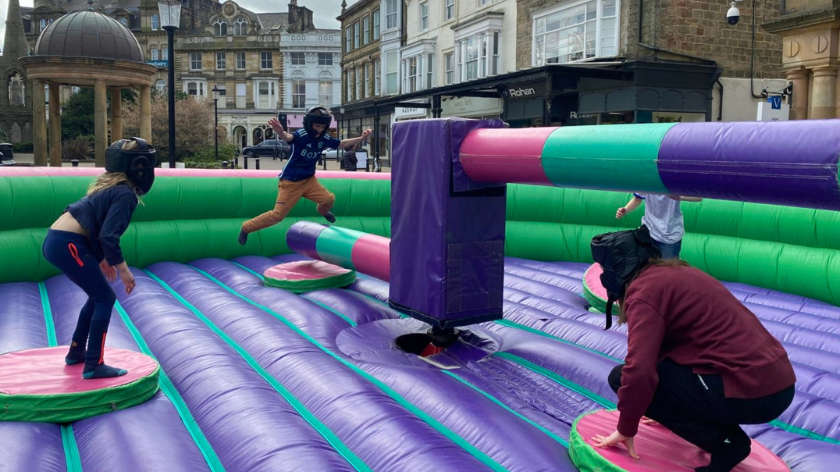 Hundreds take on inflatable wipeout challenge in Harrogate
Hundreds take on inflatable wipeout challenge in Harrogate
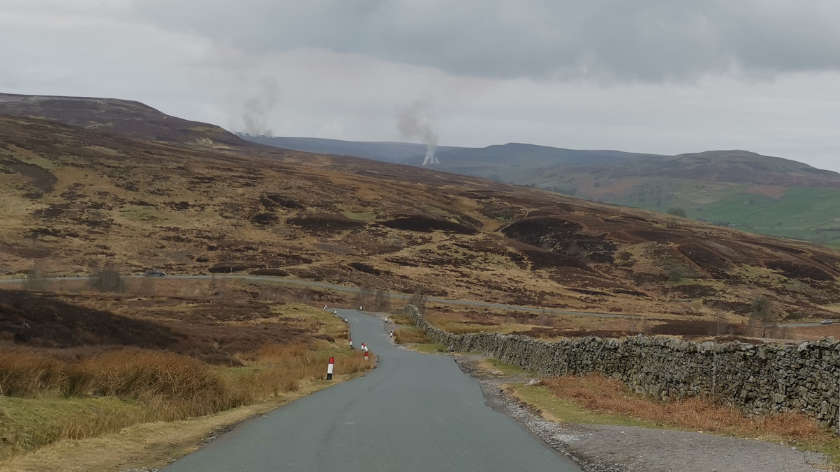 Wider ban on heather burning 'risks catastrophic wildfires'
Wider ban on heather burning 'risks catastrophic wildfires'
 Over 200 fencers attend Harrogate Fencing Club sporting event
Over 200 fencers attend Harrogate Fencing Club sporting event
 Harrogate homeless charity receives four-figure grant
Harrogate homeless charity receives four-figure grant
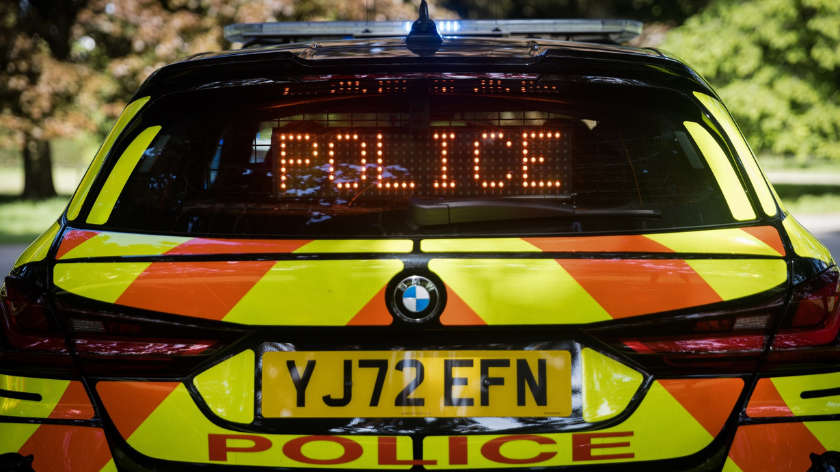 Police appeal after driver fails to stop following A1 collision
Police appeal after driver fails to stop following A1 collision
 Harrogate MP warns 'OFWAT must go' after Yorkshire Water dumps 430,263 hours of sewage
Harrogate MP warns 'OFWAT must go' after Yorkshire Water dumps 430,263 hours of sewage
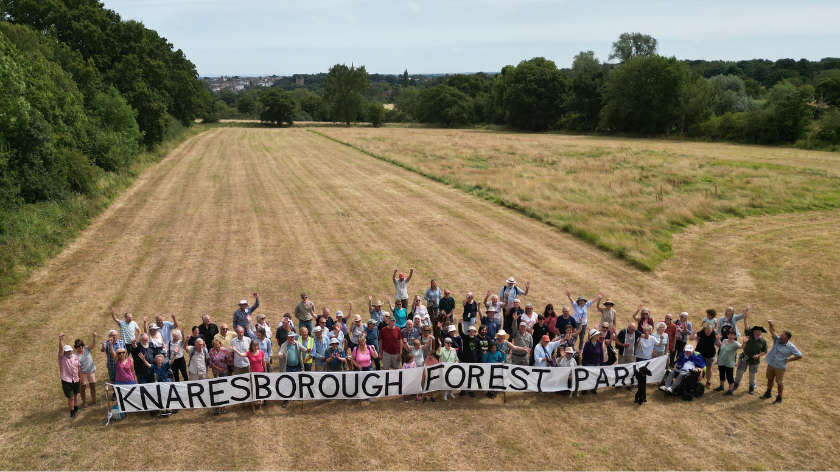 Surprise donation pays off debt for Knaresborough Forest Park
Surprise donation pays off debt for Knaresborough Forest Park
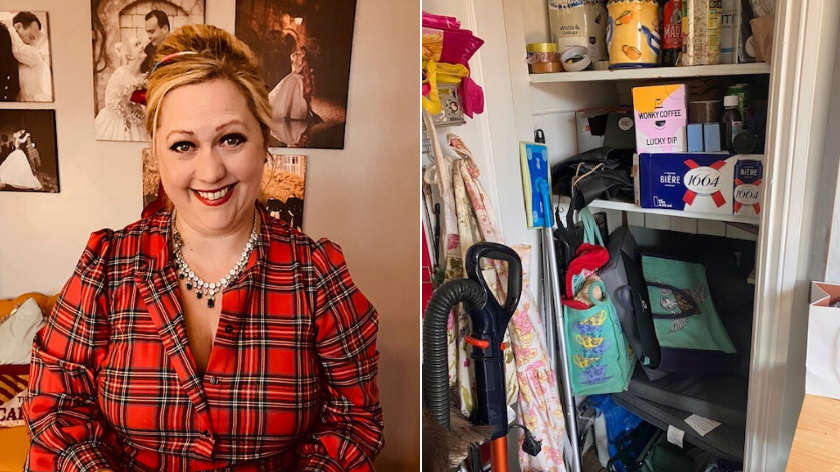 Harrogate woman launches home decluttering business
Harrogate woman launches home decluttering business
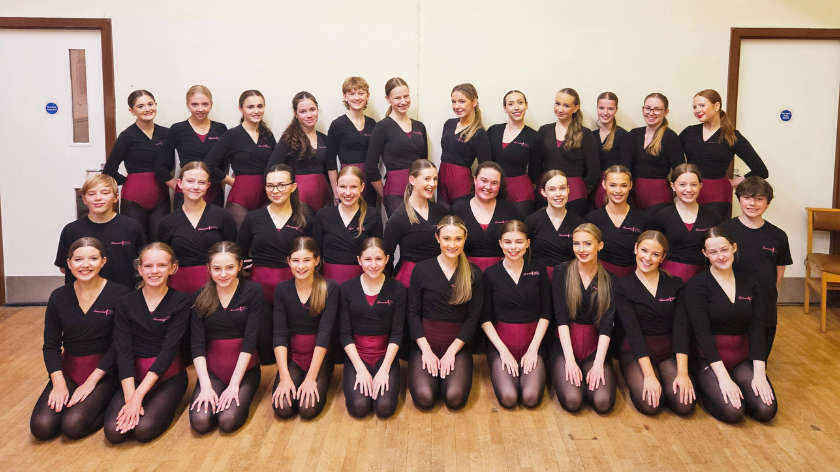 Starbeck dance school to perform at Disneyland
Starbeck dance school to perform at Disneyland
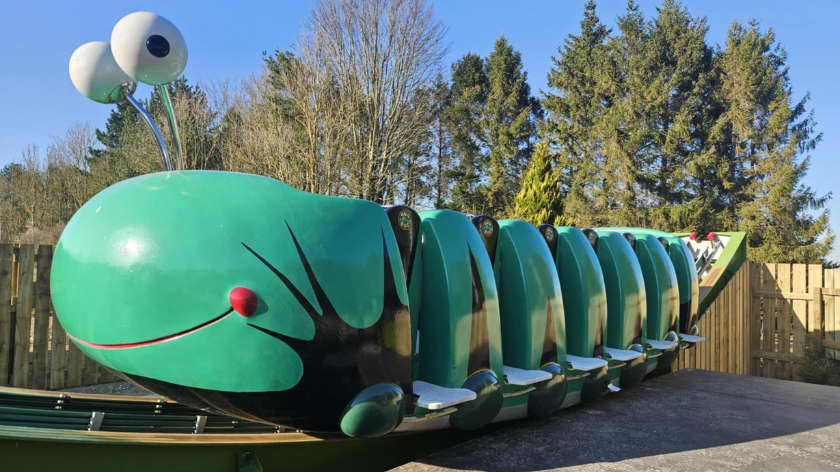 New ride unveiled at Lightwater Valley near Ripon
New ride unveiled at Lightwater Valley near Ripon

